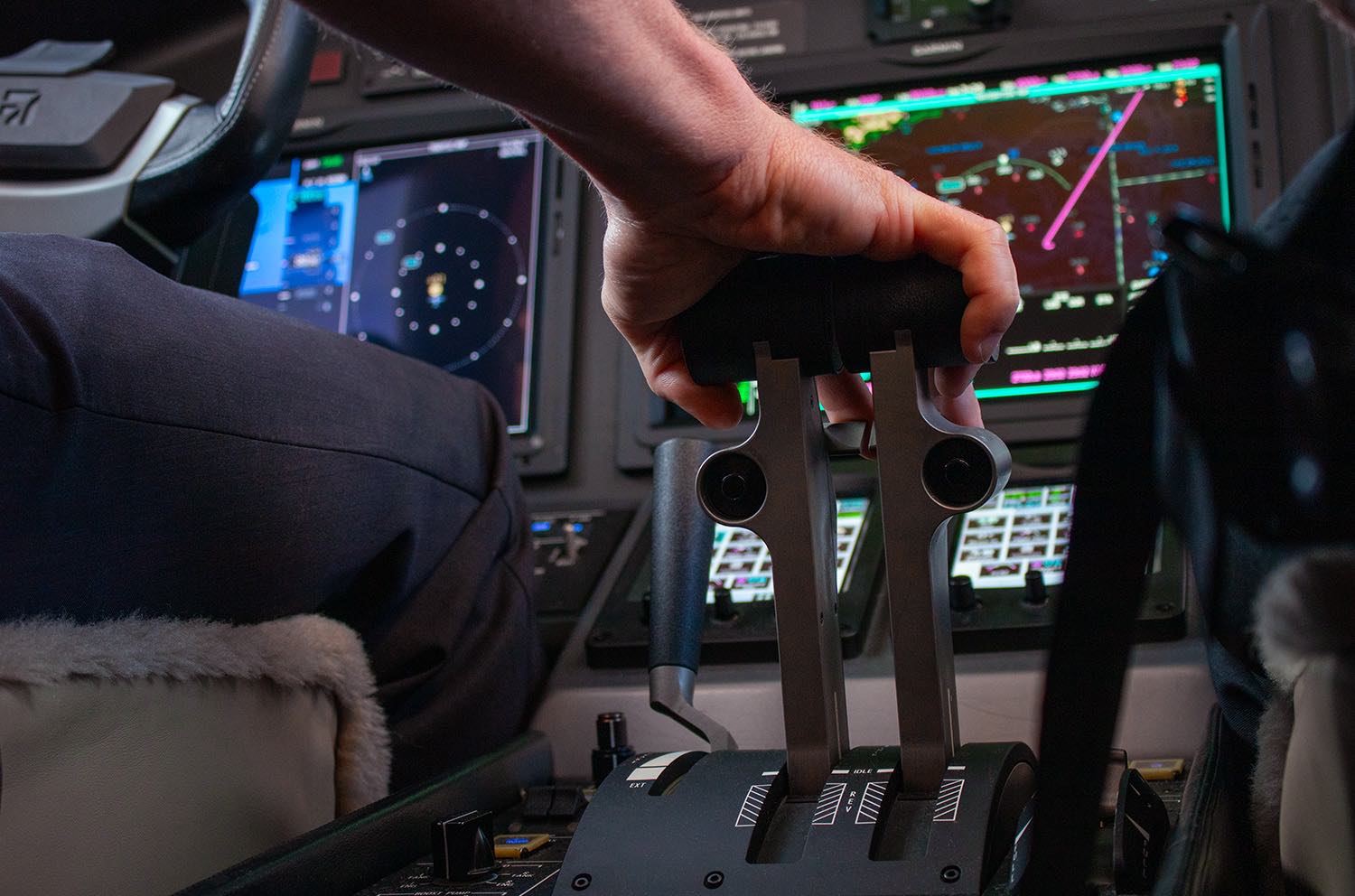
Private aviation stays in a constant state of flux, with manufacturers wanting to push out new aircraft models, the consistent innovation in technology, and with the sellers of the product looking for ways to package the product and make it attractive to the consumer. As NICHOLAS AIR reviews, a company must have a clear strategic direction and the financial resources available to capitalize on what the market can offer and all of the new changes.
Airframe
As engineering in aircraft continues to be refined, manufacturers are looking for new ways to get customers into the current model airframe. By doing this, they are not only helping their revenue and deliverability statistics but are able to streamline their production of parts and components. Bringing everyone up to the current model of aircraft may be lucrative for the manufacturer, yet very costly to the customer. As such, only those with a stable outlook on their business and a healthy balance sheet can make the responsible decision to add an airplane.
Cockpit
In the cockpit, the differences might be subtle to the naked eye, but all efforts to increase a pilot’s situational awarenessare being made by the manufacturers right now. With heavier reliance on technology and satellite systems in lieu of ground-based navigational beacons, air routings are becoming increasingly congested, making the need for flawless technology in the cockpit non-negotiable.
As with the ability to purchase new model aircraft, so comes the financial portfolio needed to upgrade avionics packages, web systems, and even in-flight entertainment packages to meet the needs of aviators and passengers alike. A connected cockpit, as well as the connectivity for passengers looking to conduct business while on board, is not readily available in older fleets, and thus, the trend of new aircraft entering service and OEM backlogs remain.
Amenities
Since its inception in 1997, NICHOLAS AIR has maintained its commitment to staying at the forefront of innovation and delivering on the promise to its Members to provide them with the right aircraft equipped with the right amenities. Its traditional products of jet cards and jet management are designed with the customer in mind to ensure a smooth, transparent, and easy transaction.
Simple contracts that clearly lay out the expectations that the company will deliver to the Member replace the ten- or twelve-page contracts that other brands put forth. This kind of transparency makes it easy for the end-user to understand what lies ahead and easy for them to know precisely what the business transaction will look like.
For the past ten years, the NICHOLAS AIR fleet has grown each year, and the brand remains committed to new, highly desirable models for their Member base. It has prioritized the in-flight experience more than other brands in the business while also ensuring that in the cockpit, pilots are operating the most up-to-date avionics systems with one thing firmly in mind – safety.
Overall, to stay with these three trends in the market means a company needs to look ahead and forecast what the pilots, the customer, and the business may need simultaneously. As the industry continues to mature post-pandemic, those with responsible attention to these details and to the market will succeed, while others have already started to falter.
About NICHOLAS AIR
NICHOLAS AIR is a top-tier private aviation company delivering exceptional customer service and innovative, customizable options for private air travel. For over 25 years, NICHOLAS AIR has prioritized safety, continuous improvement, and client satisfaction. As it serves its valued clients and pursues responsible growth, the company stays committed to its foundation of hard work and dedication to the smallest details. That’s the NICHOLAS AIR difference.
Advertising disclosure: We may receive compensation for some of the links in our stories. Thank you for supporting LA Weekly and our advertisers.